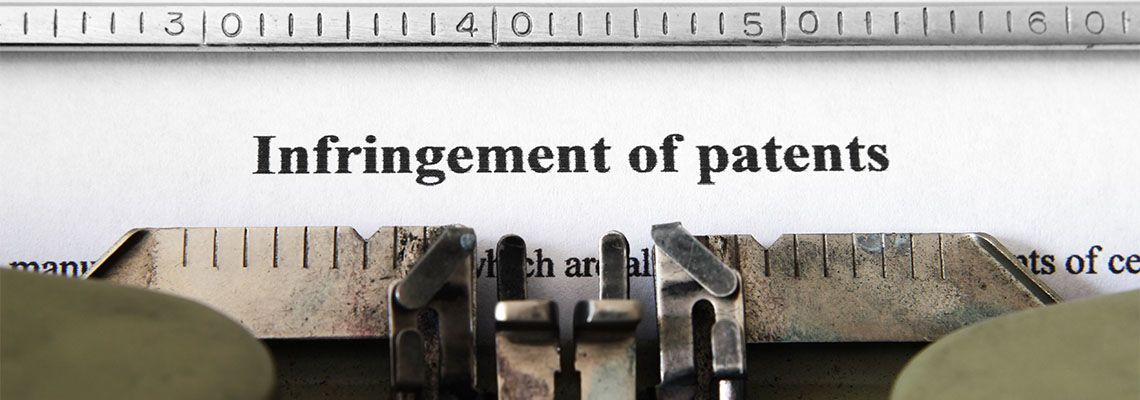Preparing for Bankruptcy
The word “bankruptcy” brings a lot of not-so-positive connotations, but in reality, this could be the best choice for you and your family. However, because there’s so much negative discourse about it in our society, many people don’t fully understand the process or how they can help themselves by methodically preparing for bankruptcy. If you’d like to speak with a knowledgeable bankruptcy attorney about your options for filing with Chapter 13 or Chapter 7 bankruptcy, reach out to CoffyLaw, LLC. The attorneys at CoffyLaw, LLC have an abundance of knowledge and practice when dealing with bankruptcy matters. With offices in New Jersey...
Continue reading











